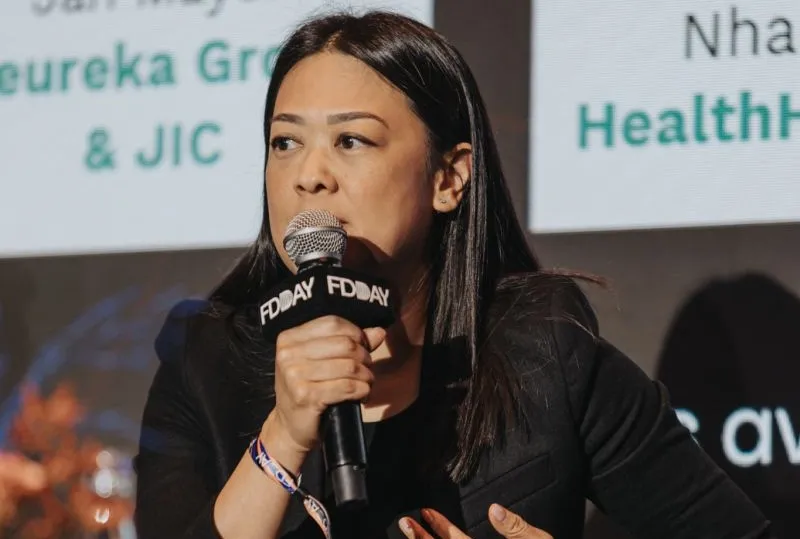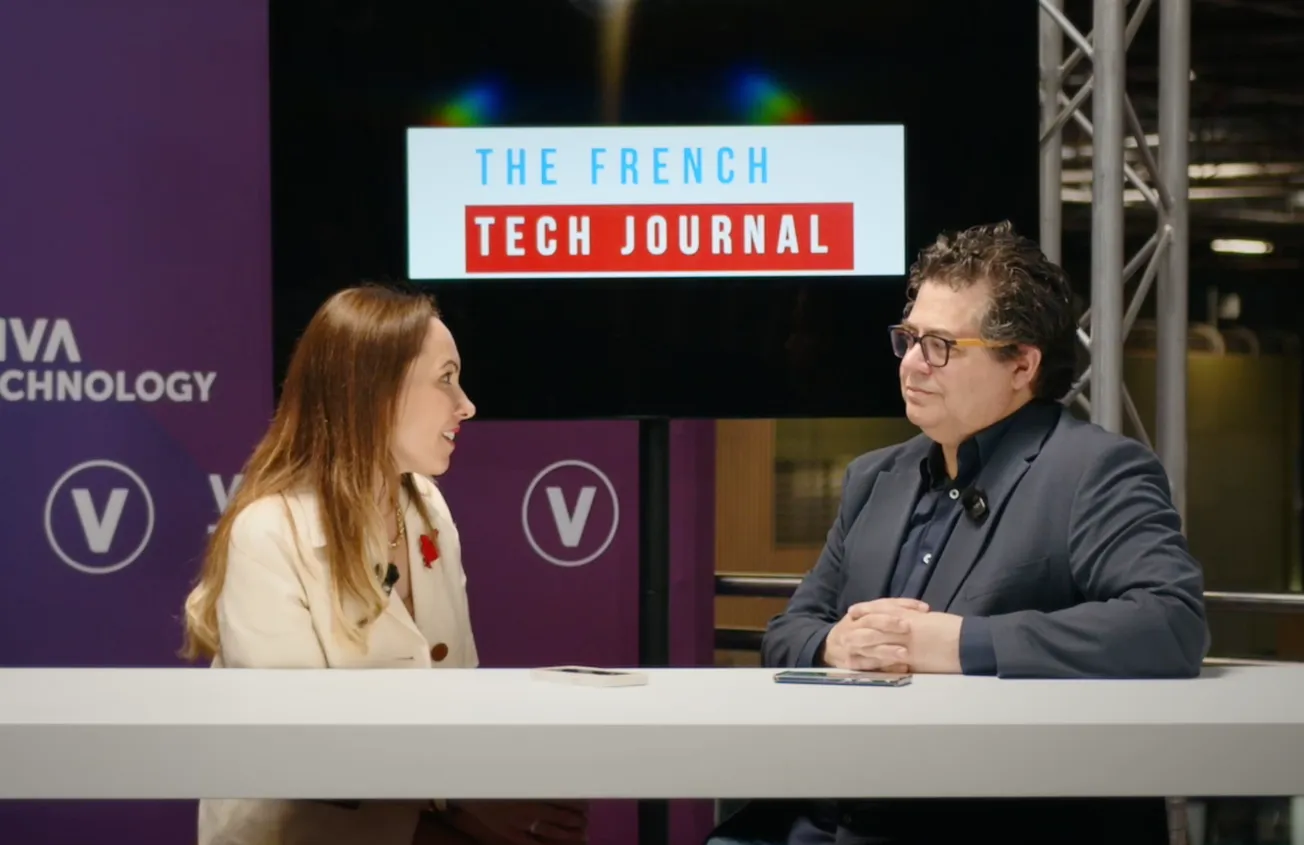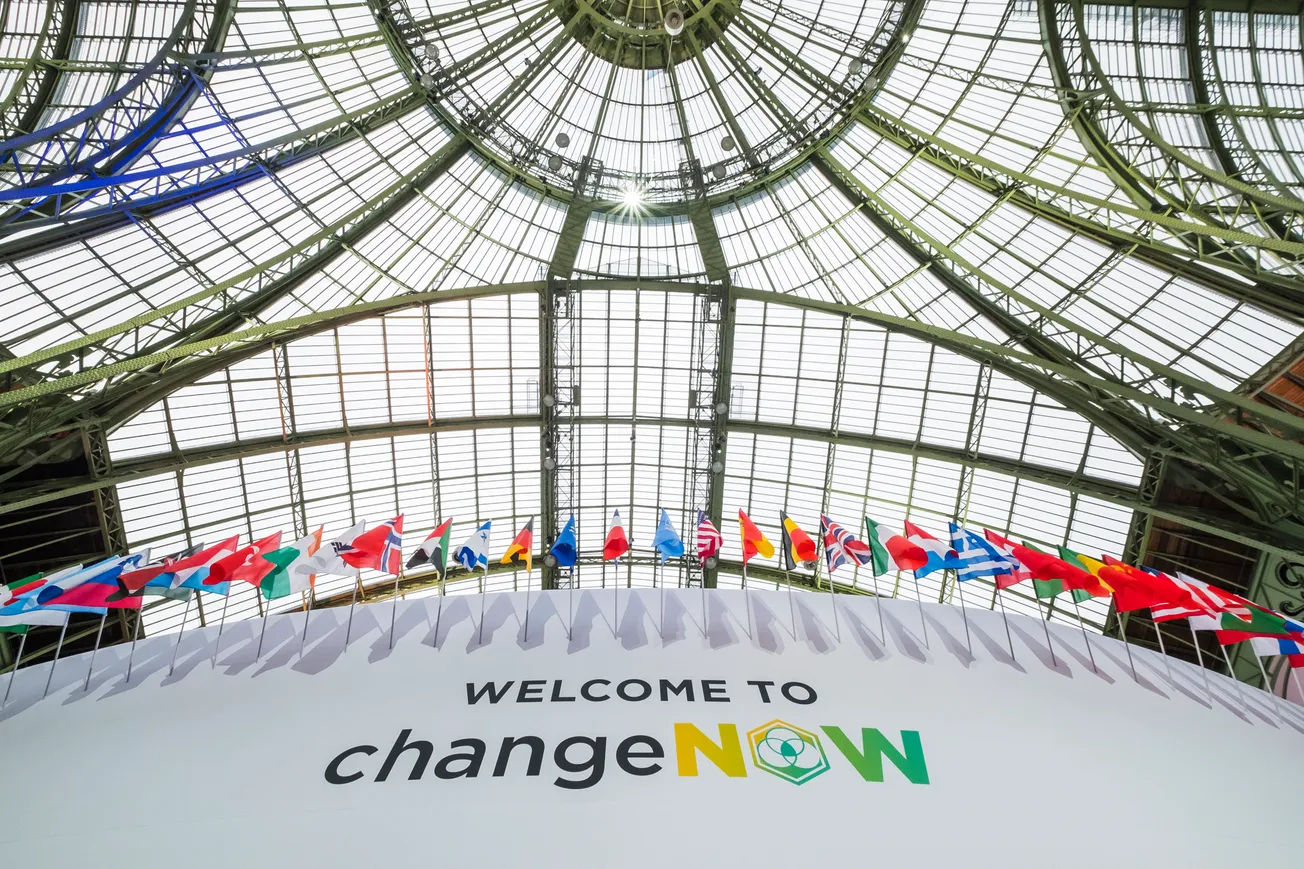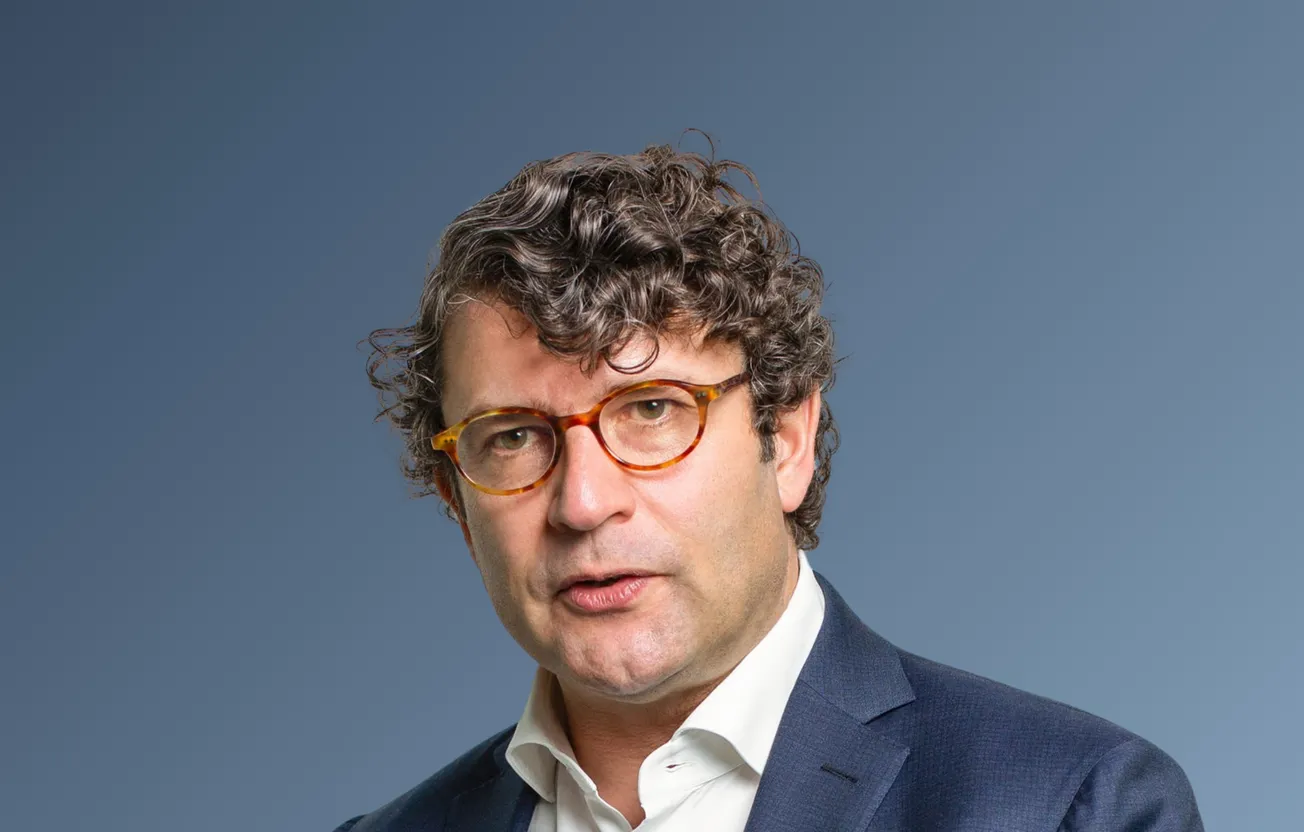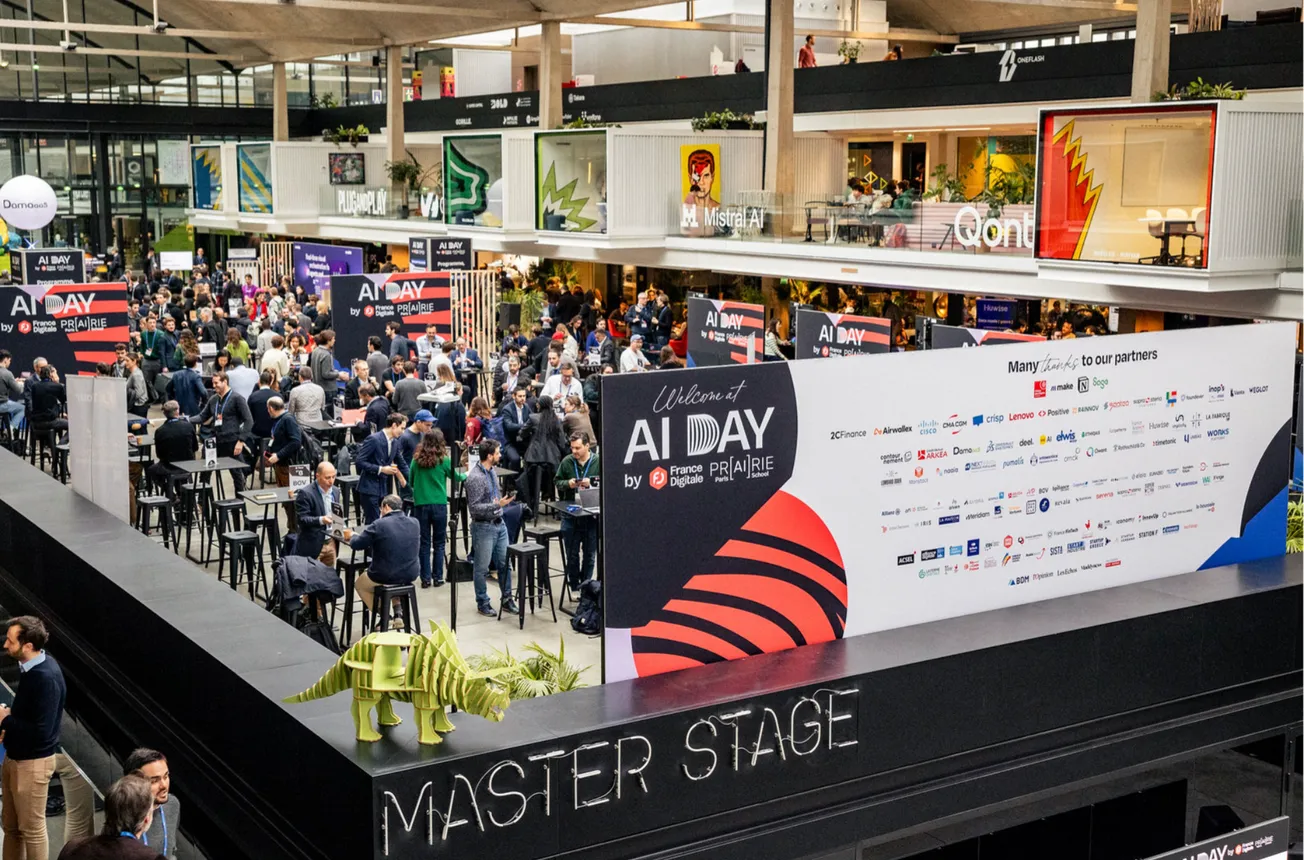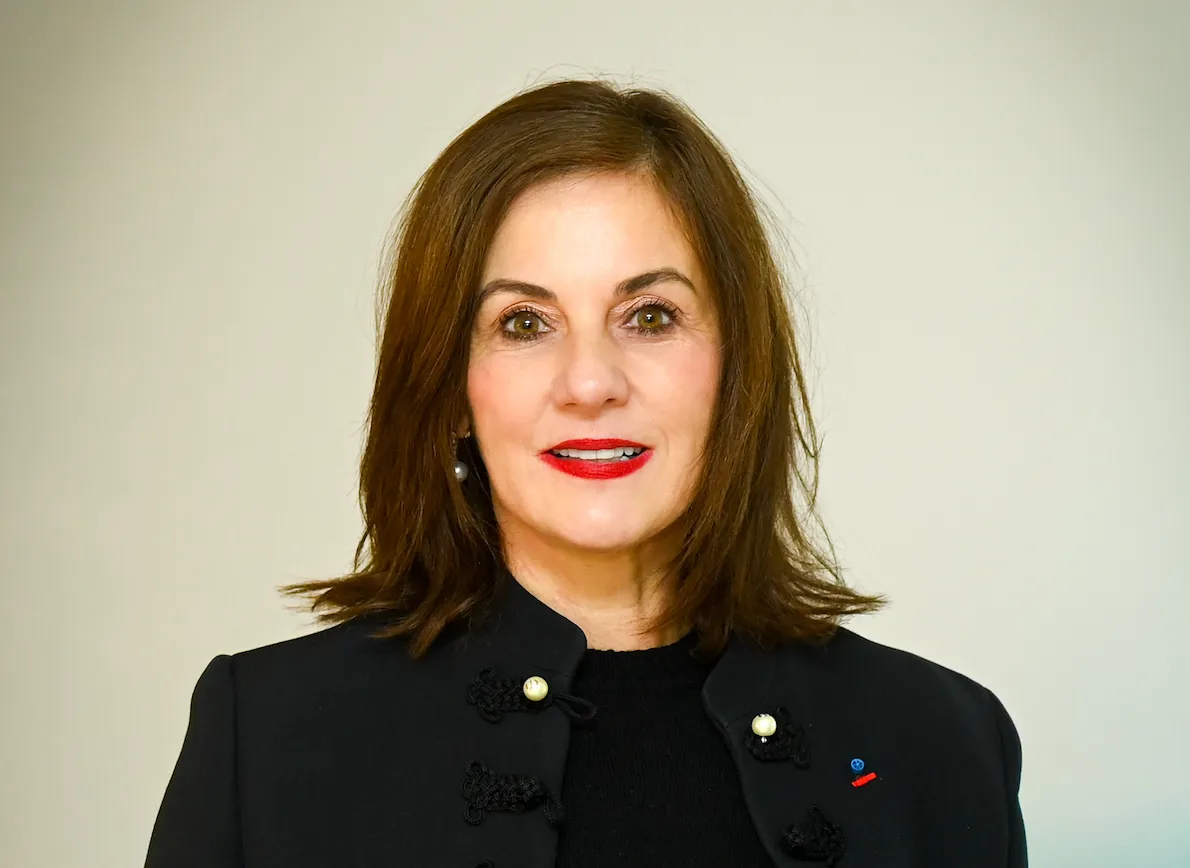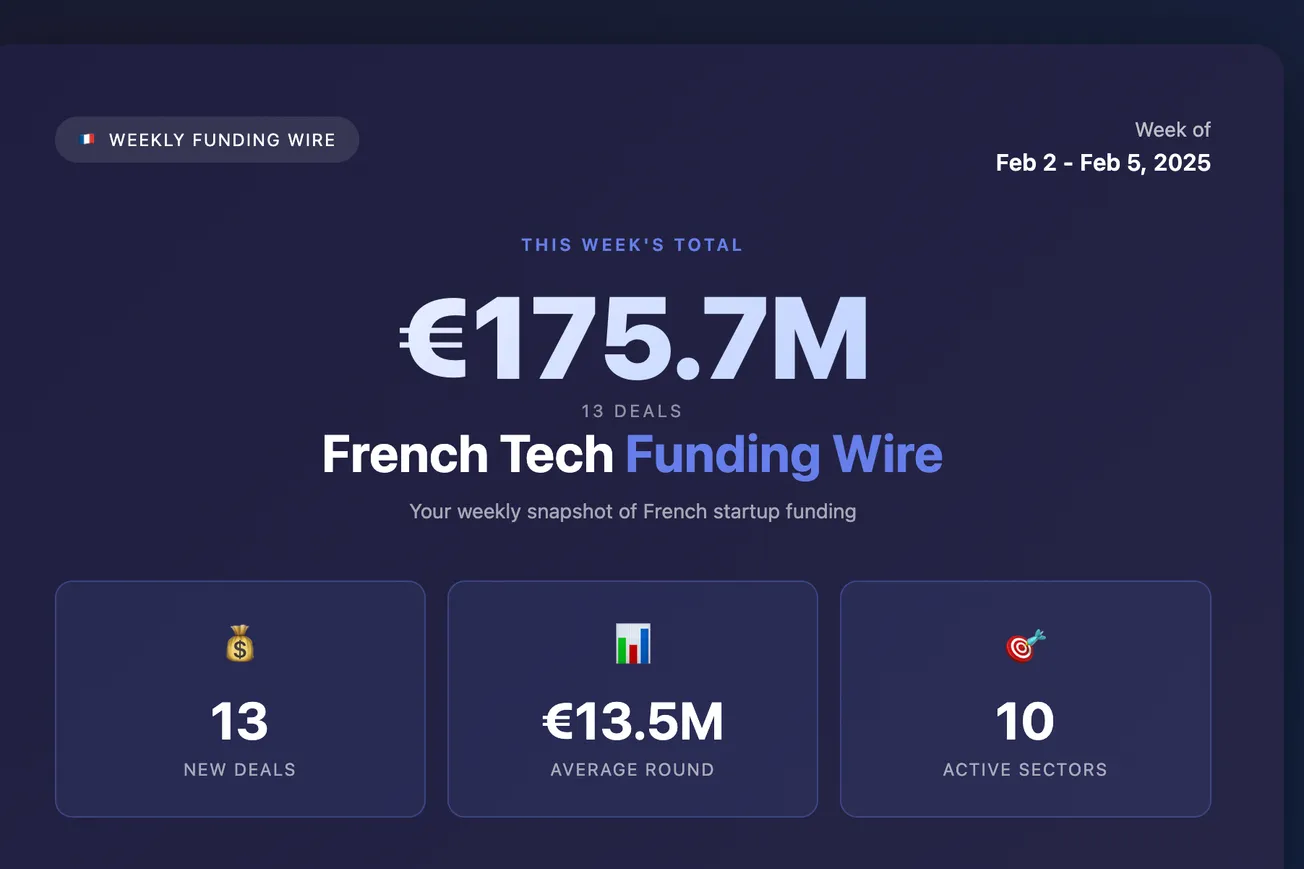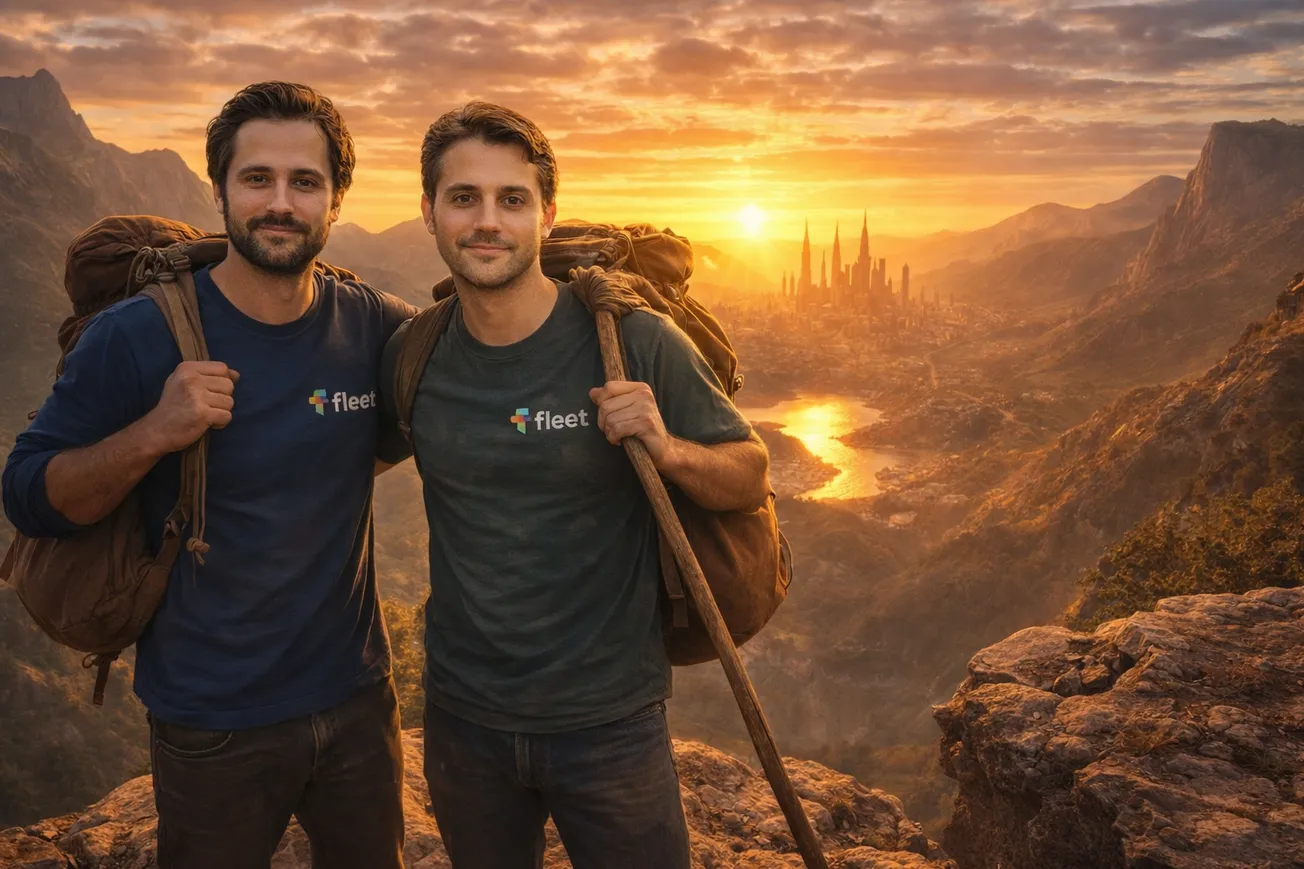Before she ever led one of Europe’s most ambitious digital health platforms, Sylvie Nhansana learned to move through the world with precision, first as an engineer, then as a finance specialist, then as the operator behind several of France’s most prolific scale-ups.
When she took the stage at France Digitale Day this year, she spoke with the quiet confidence of someone who has watched more than one industry transform from the inside out. That is indeed the case for the engineer-turned-CEO of Qare and HealthHero France, who is quietly building what could become the world’s first truly global teleconsultation platform.
In an industry where women still receive just 2% of venture capital funding, female tech leaders are rare. Female tech leaders who run Europe’s leading teleconsultation platform and happen to have a black belt in karate are rarer still.
Curious to learn more about her unusual path from Laos to London via Paris with roles at Meetic and TripAdvisor, I caught up with her to talk about ambition, technology, and the glass ceilings she’s been busy breaking.
“I always wanted an exceptional career,” she said. “I’m from Laos, and I wanted to build something for the country. I wanted to build a train. There are no trains in Laos.”

Building from the Ground Up
That childhood dream took her to Paris, where she studied civil engineering before realizing she was more intrigued by how things got built than by the composition of the concrete itself. She pivoted into finance, joining Mazars and Deloitte, which began a decade-long detour through auditing that would later prove invaluable.
When the startup boom hit France, inspired by the tech-building entrepreneurs she met, Nhansana jumped tracks again, joining dating app Meetic as deputy CFO before moving to La Fourchette (The Fork) as CFO, at that time a scrappy restaurant-booking startup with global ambitions.
“It was a tiny team at the start,” she recalled. “But we were innovating in real time and changing behaviors by bringing restaurant bookings online in a way that didn’t exist yet in France.”
She stayed through the scale-up phase, the sale to TripAdvisor, and the global rollout to four continents.
By the time she left, La Fourchette had over a thousand employees.

From Forks to Healthtech
In 2019, Nhansana joined Qare as CFO, then an early pioneer of digital teleconsultations in France. Unlike Doctolib, a health appointment booking service, Qare provides its users with same-day digital health appointments thanks to an expanding network of doctors, dieticians, and psychologists.
“I loved the idea of using technology to actually improve lives,” she said. “Qare was all about accessibility, being able to see a specialist in 15 minutes instead of waiting three weeks.”
Under her financial leadership, Qare scaled fast: 9 million teleconsultations to date, 2,500 medical professionals on staff, and a model that directly employs its doctors. Thanks to France’s heavily subsidized healthcare system, the majority of French patients benefit from consultations entirely free of charge, with supplemental private health insurance covering the remaining 30% of health fees not covered by the State.
That model caught the eye of HealthHero, a fast-growing UK telehealth player, which acquired Qare in 2021. The acquisition created Europe’s largest telehealth provider, covering 22 million people and offering care across France, Germany, Ireland, and the UK.
Nhansana left shortly after the buyout, taking a detour into venture capital with Serena, one of Qare’s backers. “I was looking for a change at that point and wanted to understand the other side of the mirror and what drives investors,” she said.
At Serena, she worked on impact investing and helped the firm become a mission-driven company. “For me, investment only makes sense when it’s tied to purpose,” she said.
Then came the call to return.
In late 2024, HealthHero’s CEO Rajan Singh asked her to come back. This time as CEO of Qare and Managing Director of HealthHero France.
“It was natural,” she said. “I was there from the early days as a late founding partner and CFO, so I knew the business inside out. In a way, it was like coming home to a startup you helped raise.”
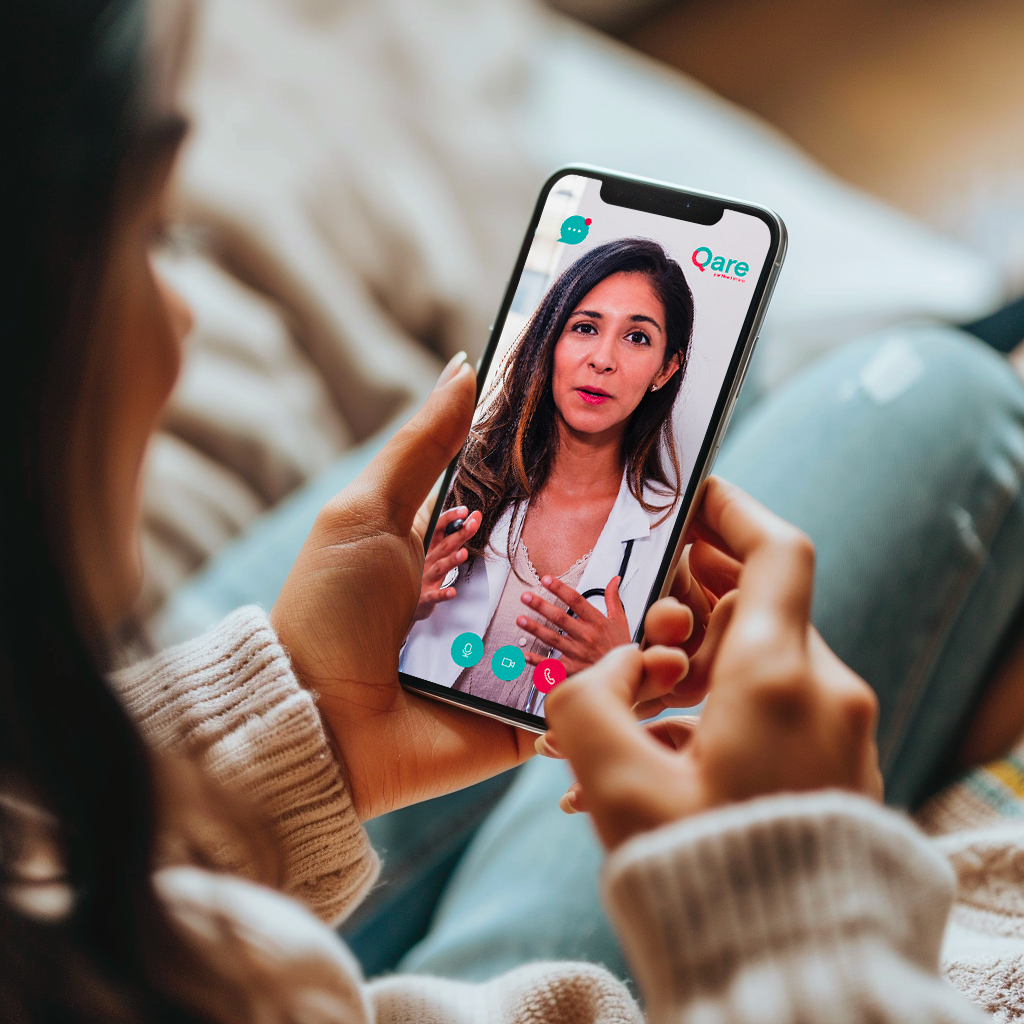
The Digital Clinic of the Future
Now, Nhansana is leading Qare’s next evolution: turning it into Europe’s first fully digital clinic with two key areas of focus:
- Dedicated care programs for major health challenges starting with obesity and mental health.
- AI-driven support for doctors, not to replace them, but to “augment” their work.
“Our AI takes notes during consultations so doctors can focus on patients,” she explained. “Later, it will help suggest diagnoses, but the doctor will remain in charge.”
Her urgency is clear. “We need to move fast,” she said. “In startups, there’s always this mantra: I must go faster.”
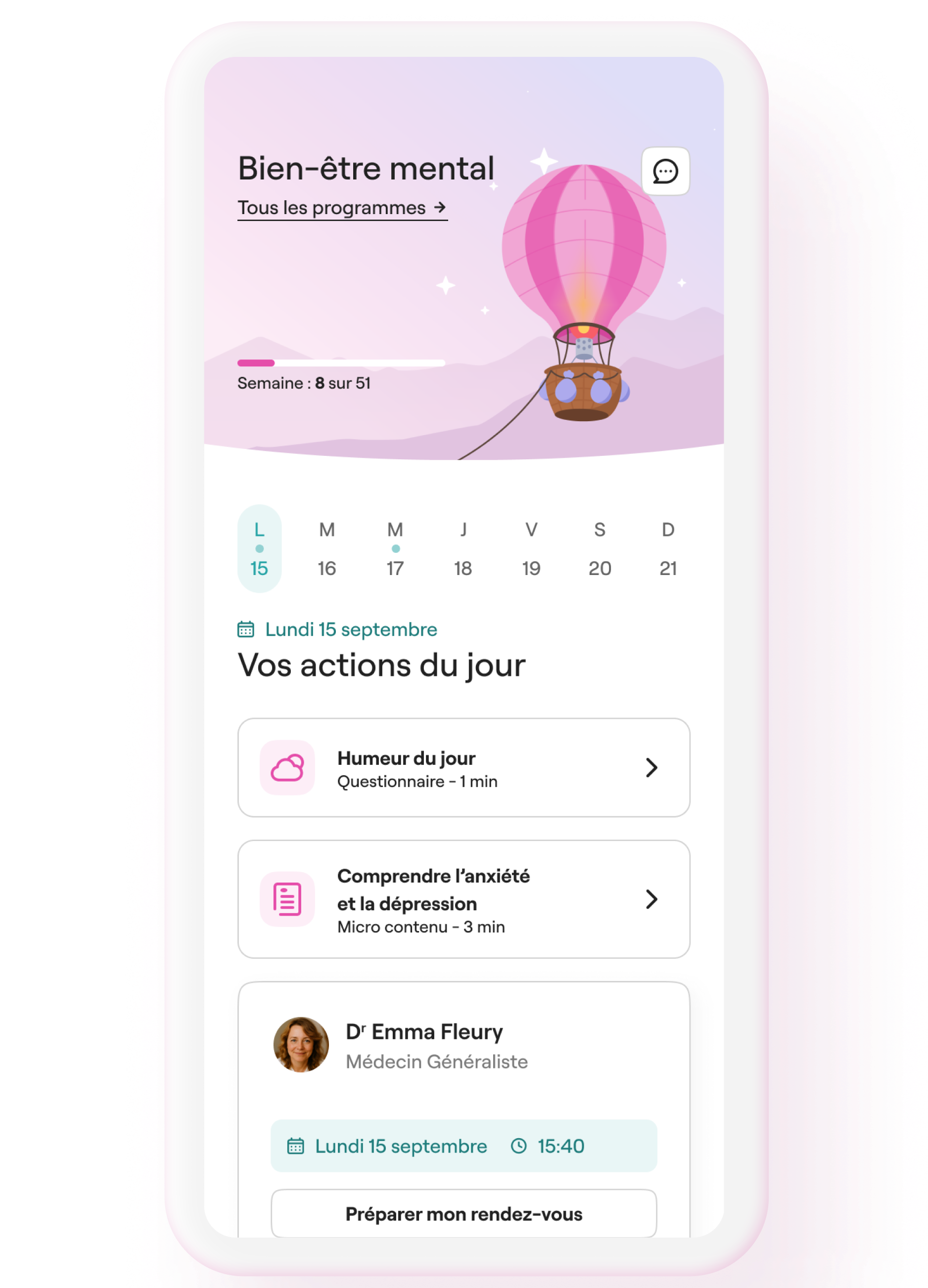
Bridging Cultures, Breaking Barriers
Running a French company within a British group might sound like a recipe for friction, but Nhansana insists otherwise.
“In startups, culture isn’t about nationality. It’s about an entrepreneurial mindset,” she said. “We make hard decisions fast, based on logic, not hierarchy.”
Qare retains its brand in France, a deliberate choice, she noted, as the brand was already known. Meanwhile, HealthHero’s product and AI teams are based in Paris, making France the group’s innovation hub.
The next frontier is scaling further across Europe, but carefully. “There are not many big markets left,” she said. “We’ll expand where it makes sense.”

Fighting for Representation
If Nhansana sounds laser-focused, it’s because she has to be. In France, only 2% of funds raised go to women founders. "Two percent! It’s nothing!” she said. “You’ll see women in early-stage leadership, but when the company scales, they disappear. They get blocked.”
To change that, she co-founded Femmes Capitales and PALM, two grassroots networks connecting women leaders across sectors. “Women have no time to network,” she explained. “So we created events with great food, great speakers, and real conversations. We just do it our way.”
Her advice to young women: “Think big - really big. If you’re in cosmetics, aim to replace L’Oréal. Otherwise, you won’t raise money. Be bolder, tell your story, own it. It's what I tell the women I mentor.”

The Legacy
With Qare close to breaking even and its AI-driven care programs already live, Nhansana is still thinking big.
“Our investors are committed. The model is solid. Now we just need to raise big, move fast, and build the biggest digital clinic on the planet,” she said.
And with a pause and the smile of someone who really means it: “I’ve built restaurants online, helped shape the VC ecosystem, and now we’re re-imagining healthcare. I guess building is what I do.”

